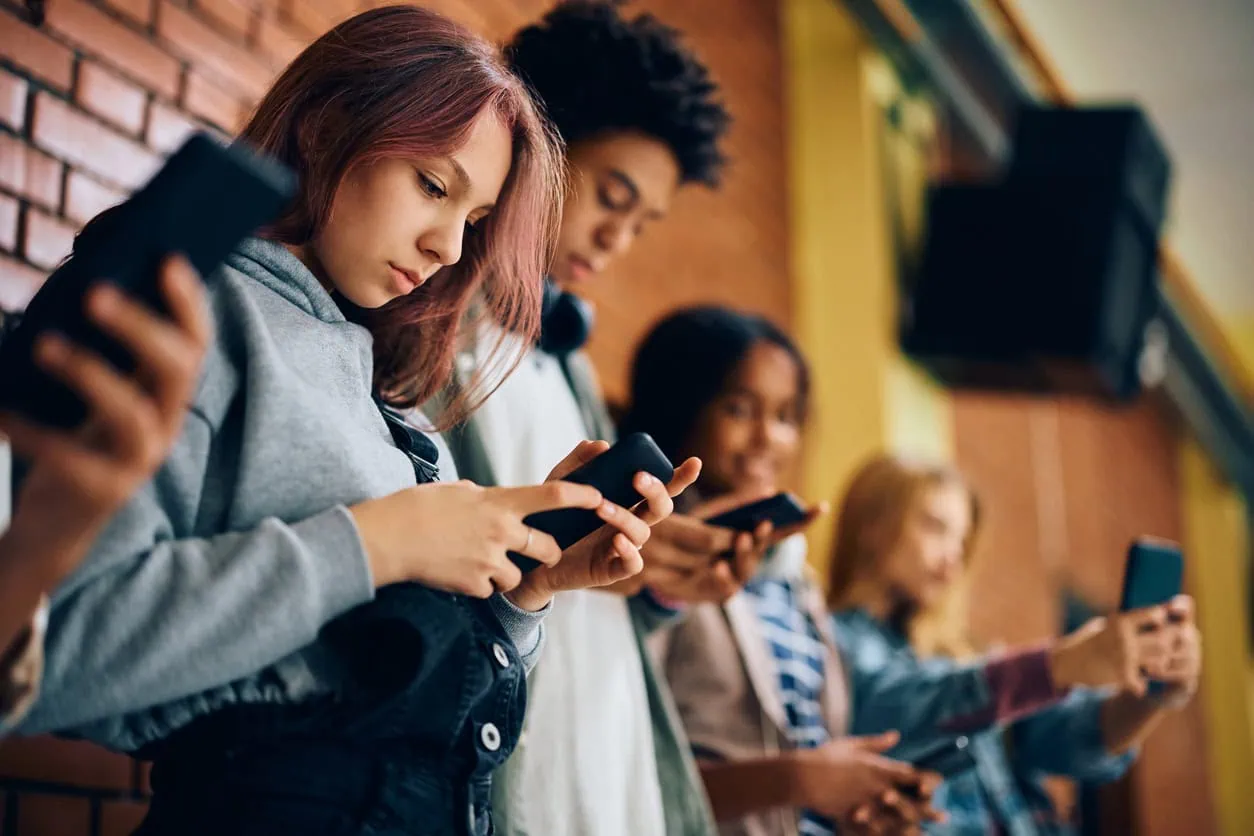Australia’s Bold Move: Social Media Ban for Kids Under 16
In a significant legislative move, Australia has recently passed a groundbreaking law prohibiting children under 16 from using social media platforms. This decision, aimed at safeguarding the mental and physical health of young Australians, positions the country as having some of the strictest digital age restrictions globally.
The Details of the Ban
The ban impacts major social media networks such as X (formerly Twitter), Facebook, Instagram, TikTok, Snapchat, and Reddit, although YouTube remains unaffected. These platforms are now tasked with the sole responsibility of enforcing this age limit, a challenge they must address within the next year. Failure to comply could lead to hefty fines, potentially reaching up to 50 million Australian dollars (about $33 million).
The decision followed intense discussions in the Australian Parliament, culminating in a late-night debate. The bill received broad support, passing with a significant majority, reflecting a strong bipartisan consensus on the issue.
Public Support and Opposition
A recent YouGov poll indicates robust public backing for the ban, with approval ratings jumping from 61% to 77% within months. The legislation’s supporters argue that it’s a necessary step to protect children from online harms, including exposure to bullying and inappropriate content that can lead to severe mental health issues.
However, not everyone agrees. Critics argue that the ban is too sweeping and was rushed through the legislative process without adequate consideration of its implications. Concerns about privacy have also been raised, particularly regarding the methods of age verification, which might include biometric data or government IDs—approaches not yet tried elsewhere.
Global Context and Further Implications
This Australian initiative is part of a broader global trend where governments are trying to curb the influence of social media on minors. The U.S., for instance, requires parental consent for users under 13, but Australia’s new rules are more stringent, offering no exceptions for parental consent or pre-existing accounts.
Despite the controversy, the law reflects a growing international discourse on the need for greater regulation of digital spaces to protect young users. As this conversation evolves, it will likely influence other nations’ policies on digital governance and child safety online.
For more insights into the implications of such legislative measures on digital platforms and user privacy, check out the full article on NBC News.

